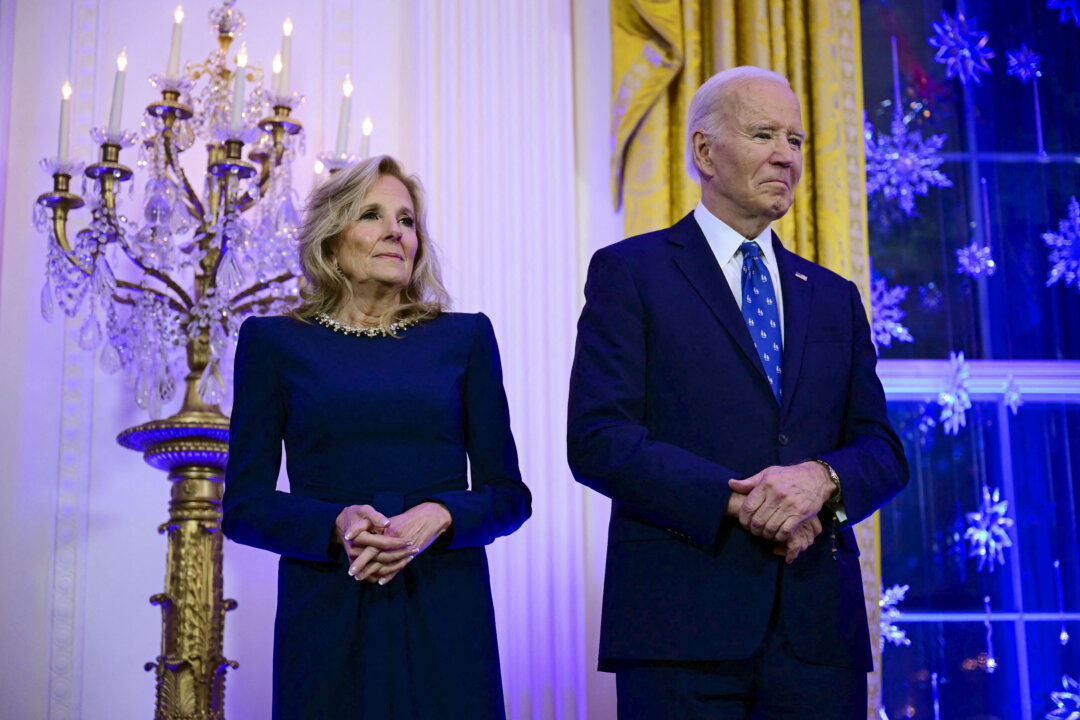

Have you ever considered how secular culture has shaped your experience of Christmas?
For most Americans, Christmas begins and ends on December 25. After the gifts are exchanged, the Christmas meal is consumed, and the family gathering has concluded, Americans purge their homes — and their hearts — of any evidence that Christmas happened.
But Christmas isn't over after December 25.
Traditionally, Christians celebrate the 12 days of Christmas, a season called Christmastide. It begins on December 25 and ends on January 6, culminating with the Feast of Epiphany.
The word "epiphany" comes from a Greek word that means "appearance" or "manifestation," and it commemorates the wise men being led by the star of Bethlehem to visit Jesus, Mary, and Joseph after the birth of the Christ child.
In the incarnation, God took on human flesh in the person of Jesus Christ. In epiphany, the world is introduced to Jesus, the Savior of the world.
To celebrate the full 12 days of Christmas, then, is a direct act of rebellion against a secular culture that wants to rob Christmas of its true meaning. Reducing Christmas to a single day centers a consumable, commercialized, and truncated version of Christmas, a mere holiday. But the true meaning of Christmas is not found in material goods, shopping, or holiday music and decorations or other materialistic excess and decadence. It's about the incarnation of God and the manifestation of Christ's light to the world.
Christmastide is a radical invitation to slow down, to spend time with God, and to reflect on the significance of the incarnation — for you and for all of humanity.
Recovering the true meaning of Christmas, then, is not just about resisting woke encroachments on a holy holiday. No, it's about living and experiencing the whole of Christmastide.
Writer Helen Roy said it perfectly:
We don’t recover the true meaning of Christmas by whining about silly liberals, at least not entirely. We recover it by living it. The best way to do this right now is to continue to celebrate, even as friends and neighbors sullenly enter the liminal dark age when all one can do is vegetate in a post-stress, post-food coma, waiting in anticipation of the most overhyped holiday of them all, New Year’s Day.In a culture that demands consumption and speed, I invite you to resist the current, embrace liturgical living, and celebrate all of Christmastide.
.png)
 2 days ago
7
2 days ago
7















 English (US)
English (US)